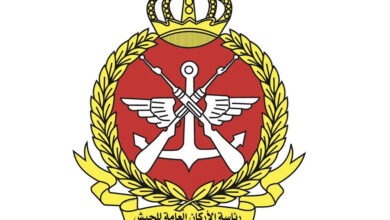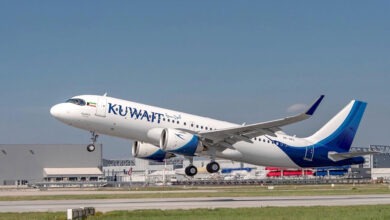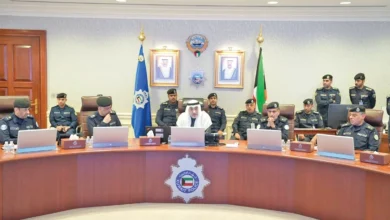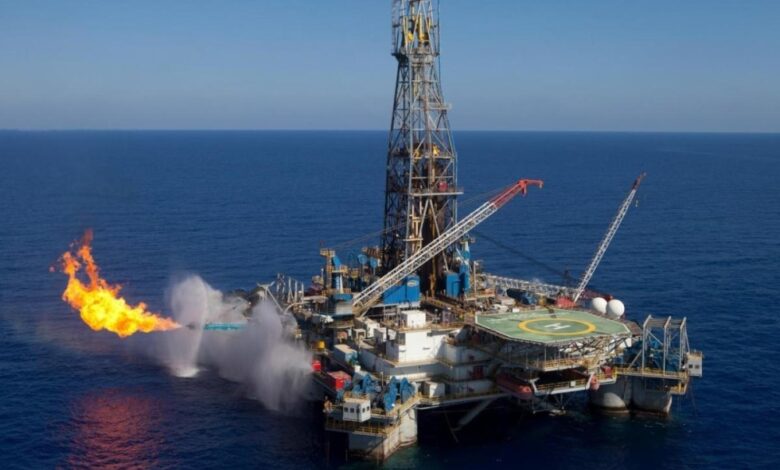
-
Kuwait Oil Company CEO Ahmed Al-Eidan announced that the offshore project, covering 6,000 square kilometers, will begin with six exploratory wells based on seismic surveys.
-
Experts highlighted the need for the oil sector to attract major international companies with advanced technology to expedite production.
-
Experts urge Kuwait to establish a specialized offshore oil company, as the new discovery could boost reserves to over 95 billion barrels, but current production and refinery utilization remain insufficient.
Kuwait Oil Company (KOC) CEO Ahmed Al-Eidan’s recent announcement of launching the phases of the offshore exploration project necessitates developing an effective roadmap.
This national project aims to enhance the country’s hydrocarbon reserves, ensure their sustainable availability to meet global demand, and elevate Kuwait’s status as a reliable global oil and gas producer, according to Al Jarida newspaper.
Al-Eidan announced that the launch of the project phases was based on two-dimensional seismic surveys of the Kuwaiti marine area and studies to understand the earth’s layers and compositions. This process involves identifying the best offshore drilling sites, securing them, and preparing for logistical operations.
He explained that the offshore area, which constitutes about a third of Kuwait’s total land area and covers more than 6,000 square kilometers, will see the drilling of six exploratory wells in the current phase. The results from this phase will guide the subsequent phases.
In response to the announcement, oil experts highlighted the need for the oil sector to attract major international companies with advanced technology to expedite production. They argued that without foreign partners, significant oil projects may face delays.
Experts also stressed the importance of establishing a specialized offshore oil company in Kuwait. They noted that while the new discovery could boost oil reserves to over 95 billion barrels, current production levels are insufficient to match this capacity, leading to underutilization of local refineries due to a shortage of crude oil.
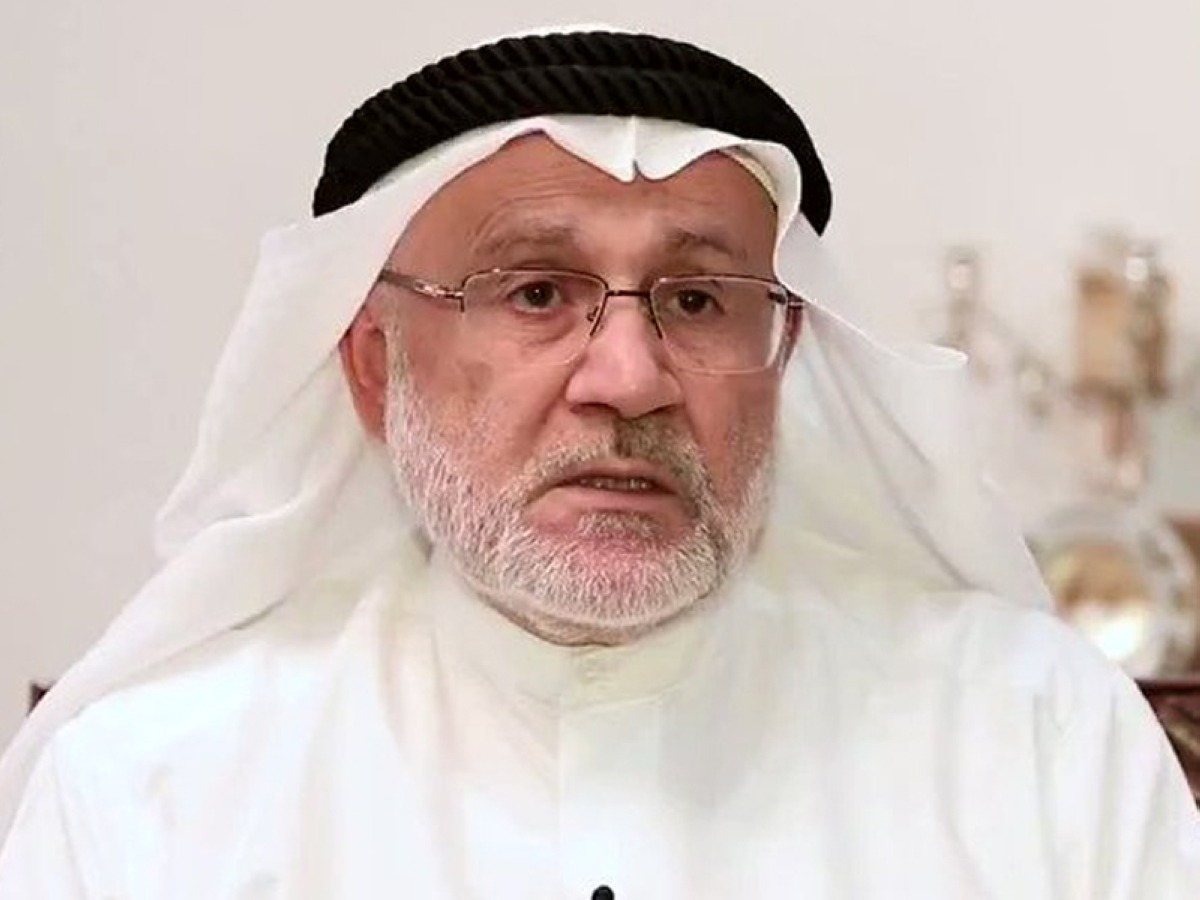
Lengthy drilling process criticized
Oil expert and consultant, Dr. Abdul Sami Behbehani, pointed out that Kuwait has explored marine areas since the 1960s, discovering fields such as Hamour, Raghwa, and Al-Madinah (an extension of the Bahra field).
He highlighted that the Al-Nukhda field contains five trillion cubic feet of gas and two billion barrels of light oil, which could significantly enhance Kuwait’s gas reserves. However, he criticized the lengthy drilling process, which he deemed unprofessional, and stressed the need for faster operations and modern technology.
Behbehani also noted that investment in Kuwait’s oil sector is unconvincing, with issues in marketing, high project costs, and operational complications. He compared Kuwait’s workforce efficiency with that of the United States and emphasized the need for modern technology and expertise in the sector.
Behbehani noted that the drilling of the well took an excessive 700 days, significantly increasing costs and deeming the process unprofessional. He expected it to be completed much faster, despite the consultant contractor’s extensive global experience in marine drilling.
He said that “in operational exploration practice, after discovering a well, appraisal wells are drilled. Development follows, and these two stages can be combined in low-risk areas such as the Al-Nukhada field. Once this is done, the inventory is confirmed. The company relied on two-dimensional seismic surveys, and there are three levels of inventory: confirmed, probable, and possible. Currently, we are still at the possible stage.”
Behbehani highlighted that investment in the country’s oil sector is unconvincing. He pointed out problems in marketing and operations, as well as inflated project costs that undermine their economic feasibility. Operational complications have increased expenses, with 14,000 employees producing about 2.6 million barrels per day—equating to 192 employees per barrel of relatively easy oil.
In contrast, the United States produces 13 million barrels per day with fewer employees, at a rate of 34 per barrel of difficult oil. Additionally, the cost of producing a barrel of oil in Kuwait is about $14, which does not reflect the 90 years of experience of Kuwait Oil Company.
He stressed the need to transfer modern technology and develop expertise within Kuwait, viewing current exploration activities as an opportunity to address these issues.
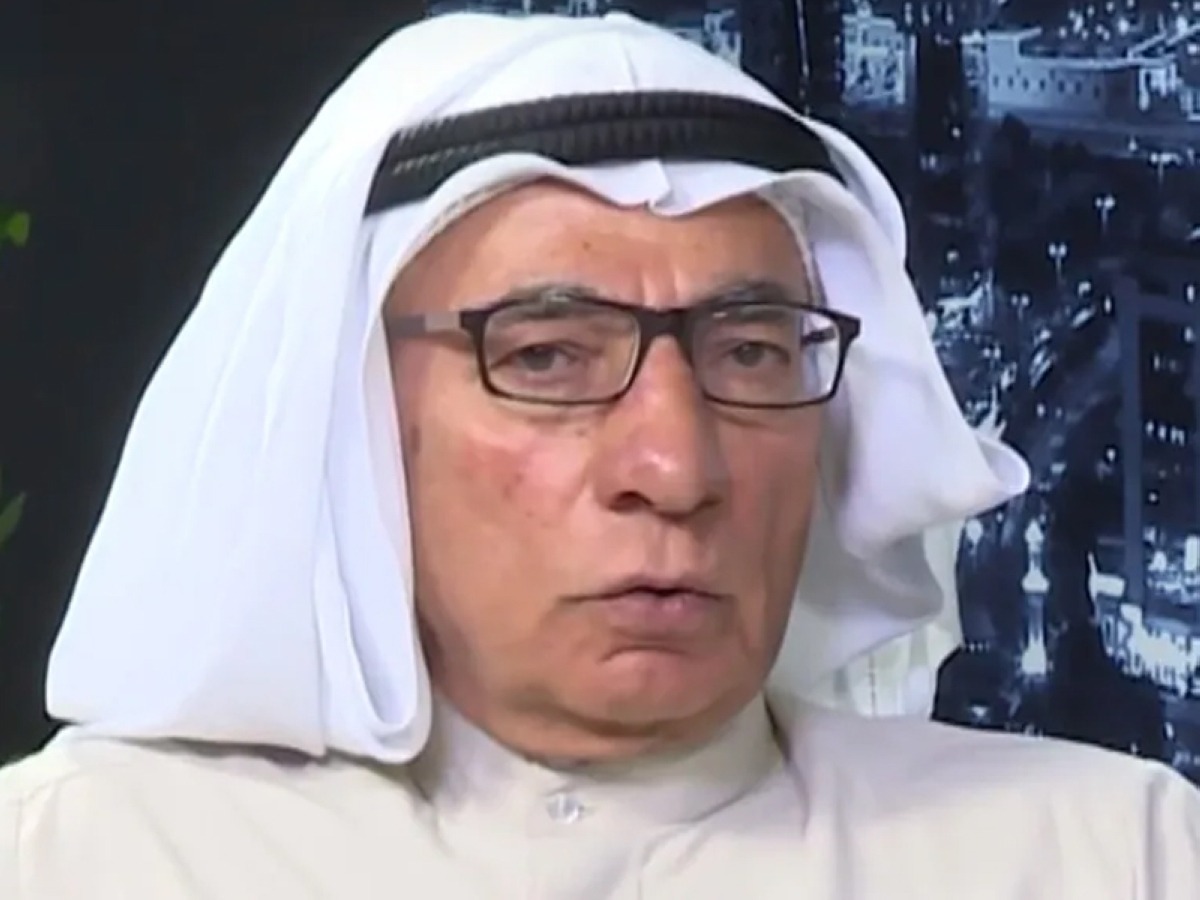
“Relying solely on local resources could lead to lengthy extraction processes”
For his part, oil expert Kamel Al-Harmi stressed that major oil projects are of little benefit without the participation of a foreign partner. He noted that foreign partners will work to extract oil quickly for their own benefit, whereas relying solely on local resources could lead to lengthy extraction processes.
He asked, ‘When will we start extracting oil, and when will we see results in Failaka and Al-Nukhatha?’ He called on those responsible for the oil sector to establish a timeline for extraction from new areas and emphasized the need for the sector to encourage major international companies to participate in these projects. Such companies possess modern technology that can expedite production processes.
Al-Harmi also suggested that Kuwait needs to establish a specialized company for marine oil operations.
He added that this new discovery increases the oil reserve capacity to more than 95 billion barrels. However, the size of the crude oil reserve does not match the actual production levels, which is why Kuwait’s local refineries are operating below capacity. This is due to a shortage of crude oil for global markets and even for supplying its refineries abroad.
Kamel Al-Harmi said that Kuwait faces significant challenges with both new discoveries and mature oil fields, which require advanced technologies. He noted that crude oil production is declining due to increased quantities of associated water and the difficulties in managing it.
According to recorded data, production may drop to between 2.6 and 2.7 million barrels per day, while the strategic goal was a steady rate of three million barrels per day. Additionally, production from the northern fields was expected to reach one million barrels of crude oil continuously, but it has so far not exceeded 700,000 barrels.
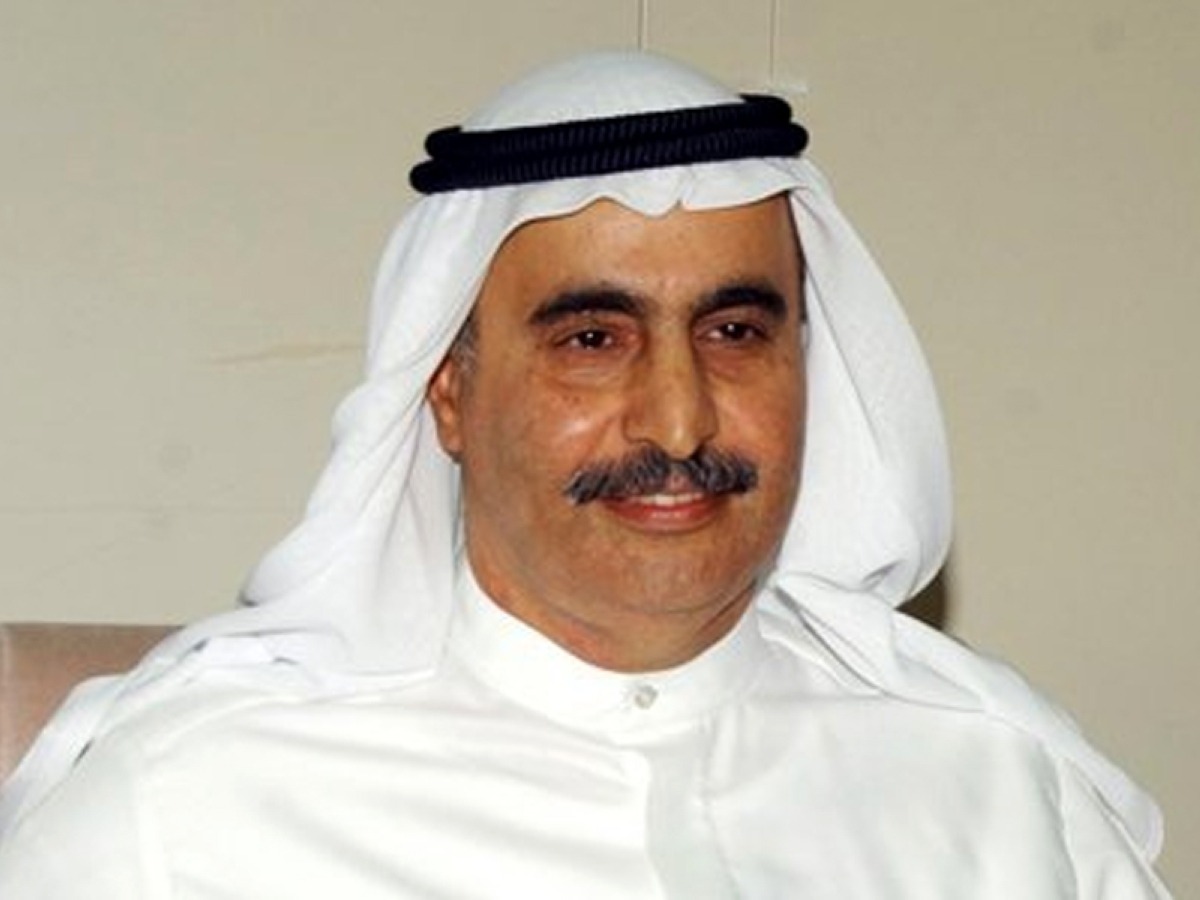
“Need to expand use of renewable energy to cut harmful emissions”
For his part, oil analyst Dr. Khaled Boudi stated that while Kuwait has a surplus production capacity of about 300,000 barrels per day, the Al-Nukhadha field boosts Kuwait’s production of light oil, which is in demand globally. The field also strengthens Kuwait’s oil reserves and better positions the country to meet future market needs.
He added that the new discovery also helps address a significant portion of Kuwait’s gas needs, as the country currently imports gas to meet local demands. As the number of productive wells increases, whether for oil or gas, there will be a growing need for trained local personnel to handle drilling, production, industrial operations, and transportation.
Khaled Boudi said, ‘We must expand the use of renewable energy to reduce harmful emissions and lower the costs of energy production and consumption.’ Boudi pointed out that work must proceed on two parallel fronts: developing oil and gas exploration, production, and refining operations, and expanding the use of renewable energy. This dual approach will help reduce harmful emissions and local energy costs.
He emphasized the need for Kuwait to align with the global trend toward renewable energy, particularly given the country’s abundant sunshine. Boudi noted that renewable energy technologies are now widely available and cost-effective. He also mentioned that hydrogen energy is in its developmental phase and currently used only to a limited extent.
Some Gulf countries have started developing hydrogen production facilities to meet both local and international demand.
Hydrogen is expected to become a prominent player in the global energy market due to its clean and easy-to-use nature. While the current cost of hydrogen production limits its use, it is anticipated that costs will decrease over time, making hydrogen more widespread.
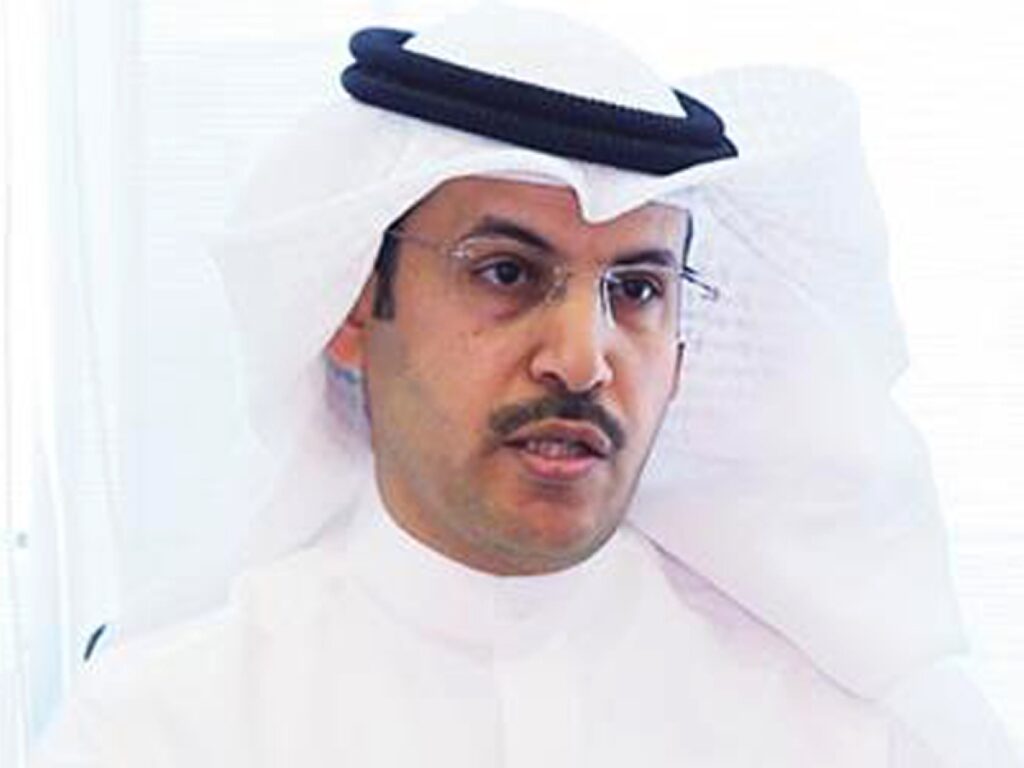
“Explorations enhance Kuwait’s position as a major oil producer”
Abdul Mohsen Al-Mutairi said that these explorations enhance Kuwait’s position as a major oil producer and support the country’s geopolitical standing. He explained that the large reserves could bolster Kuwait’s influence in global energy markets and attract more investments to the sector.
Al-Mutairi emphasized that the exploration’s significance also lies in meeting the country’s need for gas to generate electricity and reducing dependence on gas imports. Therefore, he urged for increased investments in gas exploration and production.
Al-Mutairi pointed out that benefiting from Kuwait’s marine hydrocarbon resources requires a multi-faceted approach. This includes focusing on exploration and sustainable development by adopting environmentally friendly practices to minimize the impact on marine ecosystems, using technologies to monitor emissions, waste, and potential oil spills, and partnering with global energy companies and research institutions to bring in expertise, advanced technology, and best practices. Such measures aim to achieve production at the lowest costs and participate in knowledge exchange initiatives to enhance local capabilities in marine resource management.
He emphasized that for these projects to be economically viable, production costs must be controlled and production efficiency must be high.
Al-Mutairi also stressed the need to invest in research and development of new technologies to improve the efficiency of oil and gas extraction, reduce environmental impact, and effectively utilize marine hydrocarbon resources. He explained that increased investment in the sector will contribute to economic growth and job creation.








